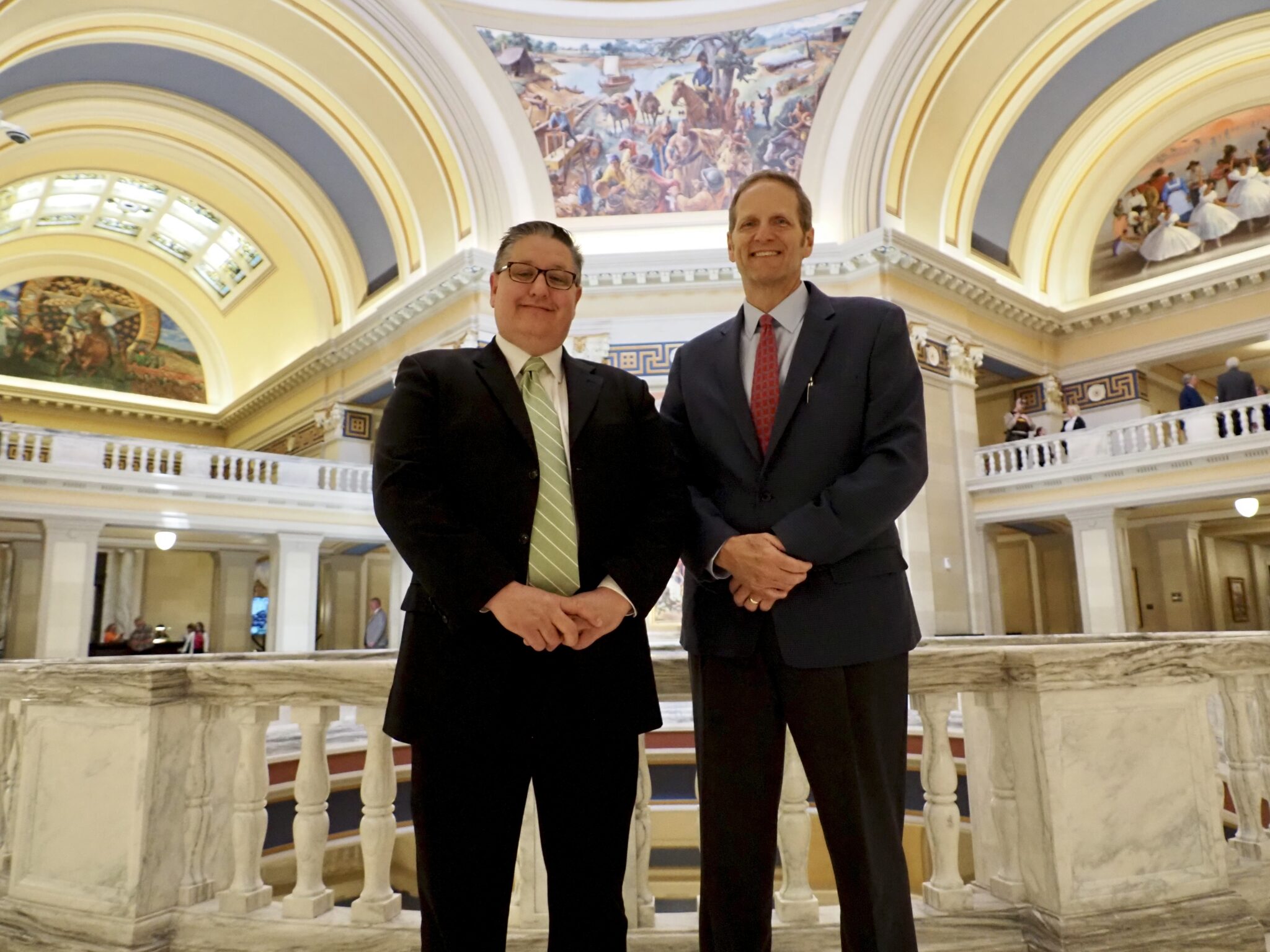Faith, Funding, and the First Amendment: Supreme Court Weighs Oklahoma's School Choice Showdown

In a landmark case that could reshape the landscape of education and religious freedom, the U.S. Supreme Court stands poised to deliver a pivotal ruling by the end of June. At the heart of the controversy is a groundbreaking legal challenge involving a state-funded Catholic charter school, which promises to test the boundaries between church and state.
The impending decision has captured the attention of educators, legal experts, and religious advocates nationwide, as it could potentially set a precedent for how public funding intersects with religious educational institutions. The case represents a critical examination of constitutional principles, challenging long-standing interpretations of the separation of church and state.
Legal scholars are closely watching this case, recognizing that the Supreme Court's ruling could have far-reaching implications for religious schools, charter education, and the broader understanding of religious freedom in public funding contexts. The outcome may significantly impact how states approach educational funding and religious institution participation in public education systems.
